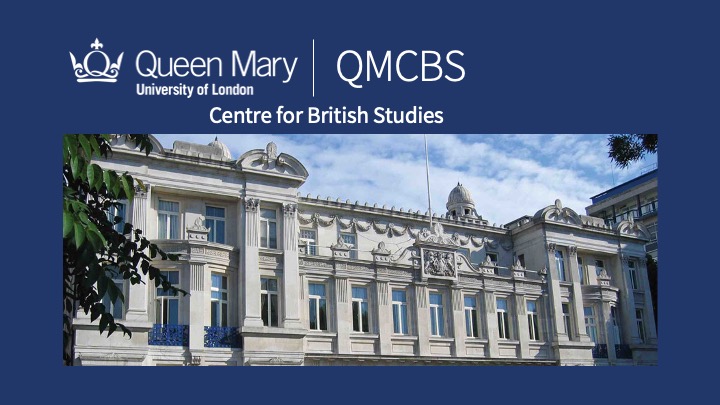About Us

The Queen Mary Centre for British Studies (QMCBS) was set up in 2024. It brings together a large body of expertise spread across several schools and departments: History, Politics and International Relations, English, Geography, Business and Management. All have an interest in the British past and how it speaks to our present. QMCBS runs a a reading group and plans are in place for a range of regular events. The first is a conference, British History Today, taking place at Queen Mary, 1-2 May 2025.